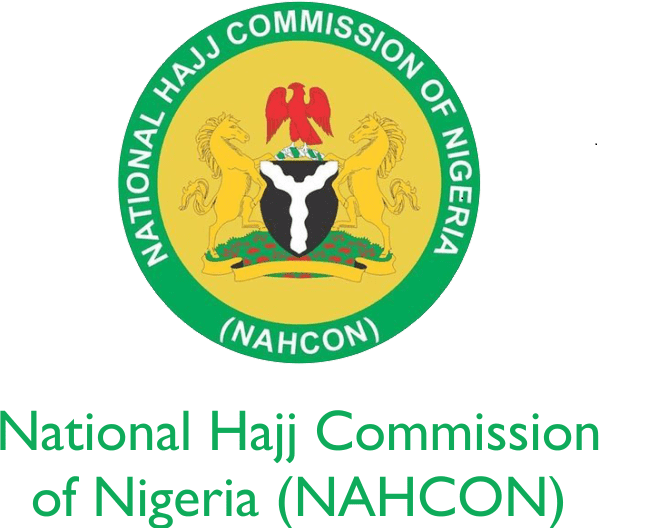In its recent Nigerian Development Update, the World Bank has raised concerns about the transparency of President Bola Tinubu’s government and the Nigerian National Petroleum Commissions Limited (NNCPL) in disclosing oil revenue and the proceeds from the recent fuel subsidy removal.
Despite noticeable nominal oil revenue gains since June, primarily attributed to exchange rate fluctuations, the report points out a lack of clarity regarding NNPC’s financial gains from subsidy removal, ongoing deduction of subsidy arrears, and the ensuing impact on Federation revenues.
The report also questions the stability of retail petrol prices since August, considering fluctuations in exchange rates and global oil prices.
“Nominal oil revenue gains have been evident since June. These are mostly categorized as “exchange rate gains”, suggesting that they are due to Nigerian naira depreciation.
“Except for the exchange rate-related increases, however, there is a lack of transparency regarding oil revenues, especially the financial gains of the Nigeria National Petroleum Corporation (NNPC) from the subsidy removal, the subsidy arrears that are still being deducted, and the impact of this on Federation revenues.
“It is also unclear why retail petrol prices have not changed much since August, despite fluctuations in the exchange rate and global oil prices,” the World Bank report partly read.
It highlights these concerns amid the federal government’s announcement in October of a substantial increase in Nigeria’s oil production to approximately 1.7 million barrels per day, reflecting a significant rise by six million barrels per day, up from 1.1 million barrels per day recorded in August 2023.
Ada Peter


























